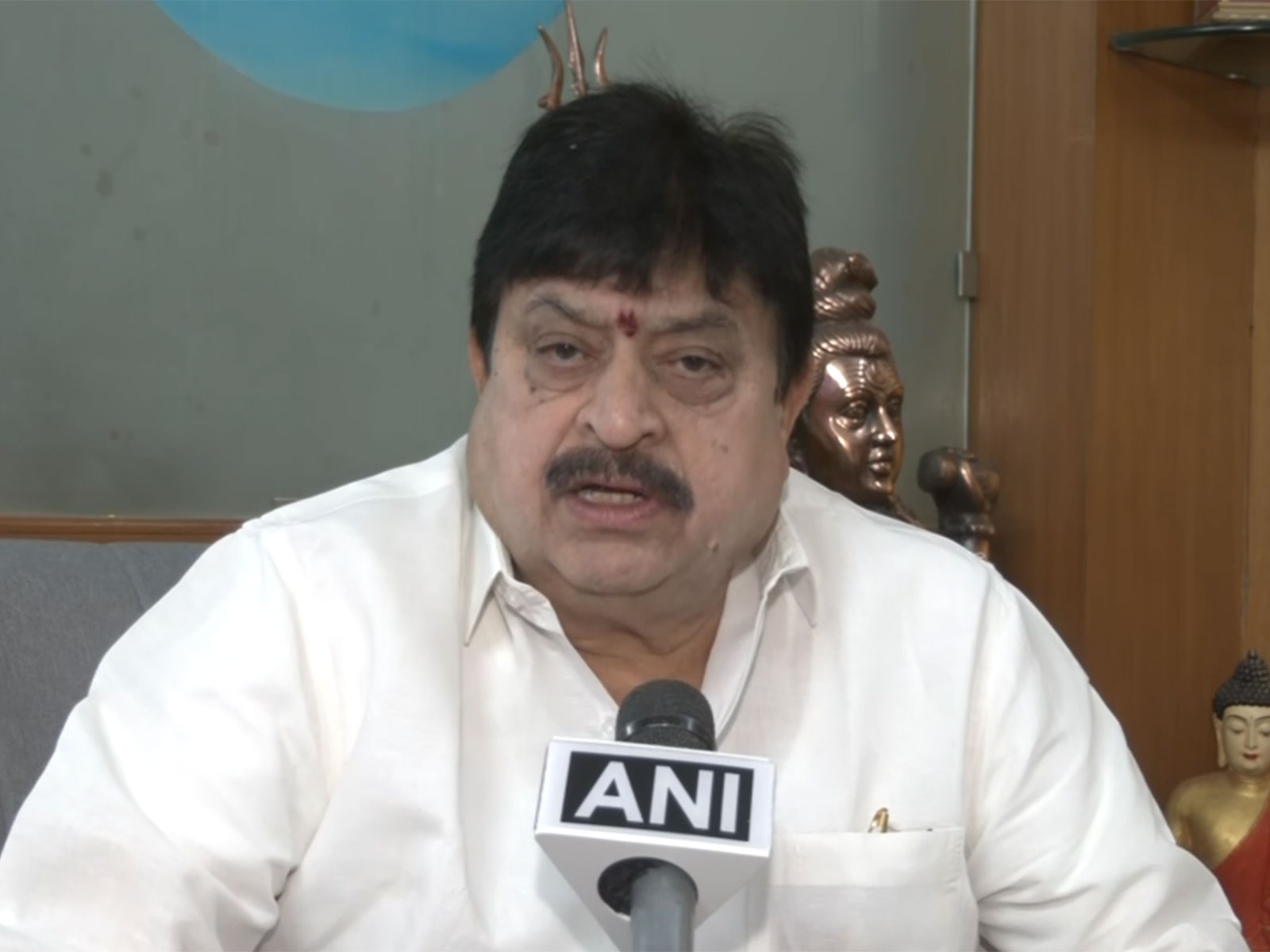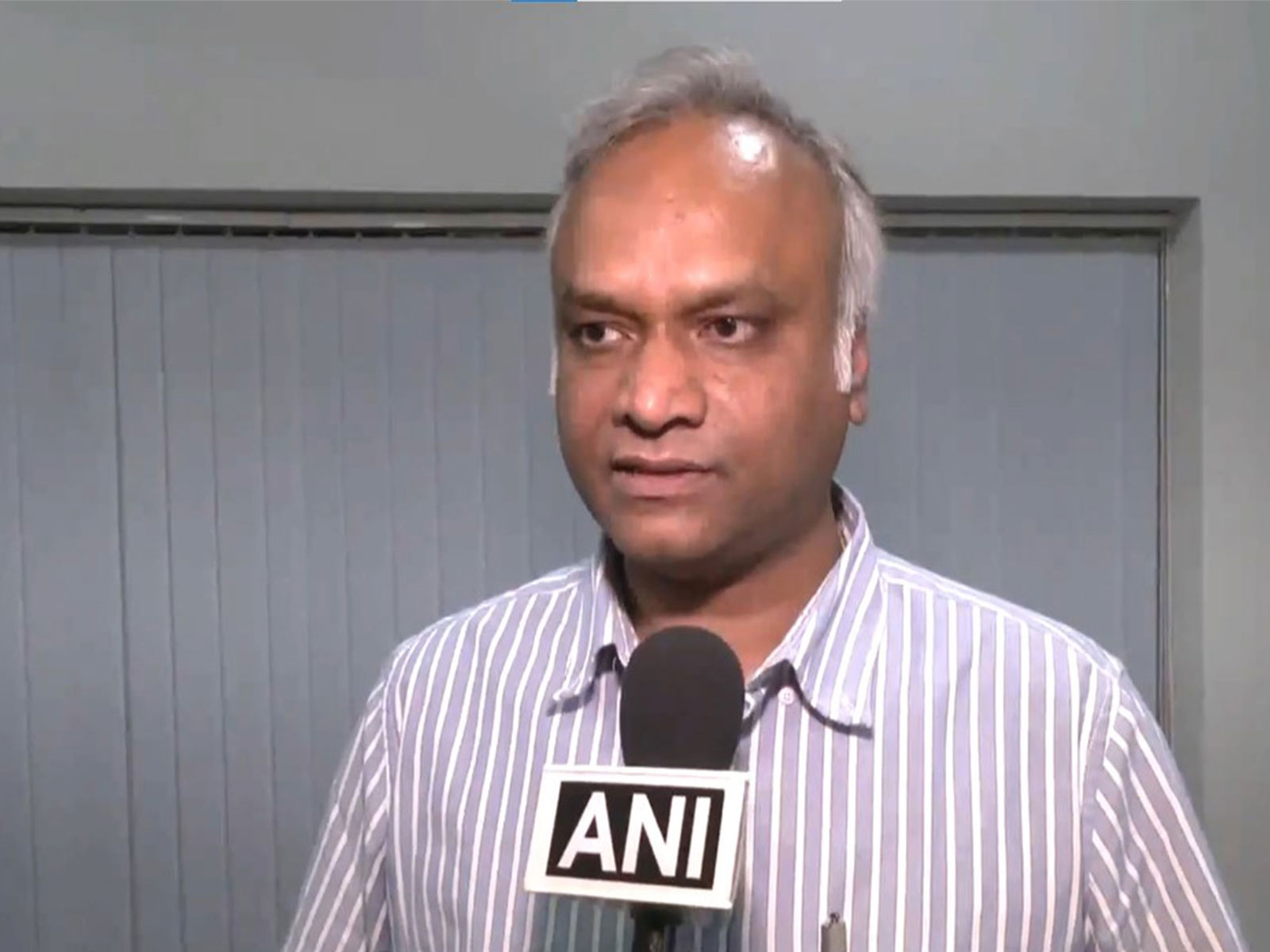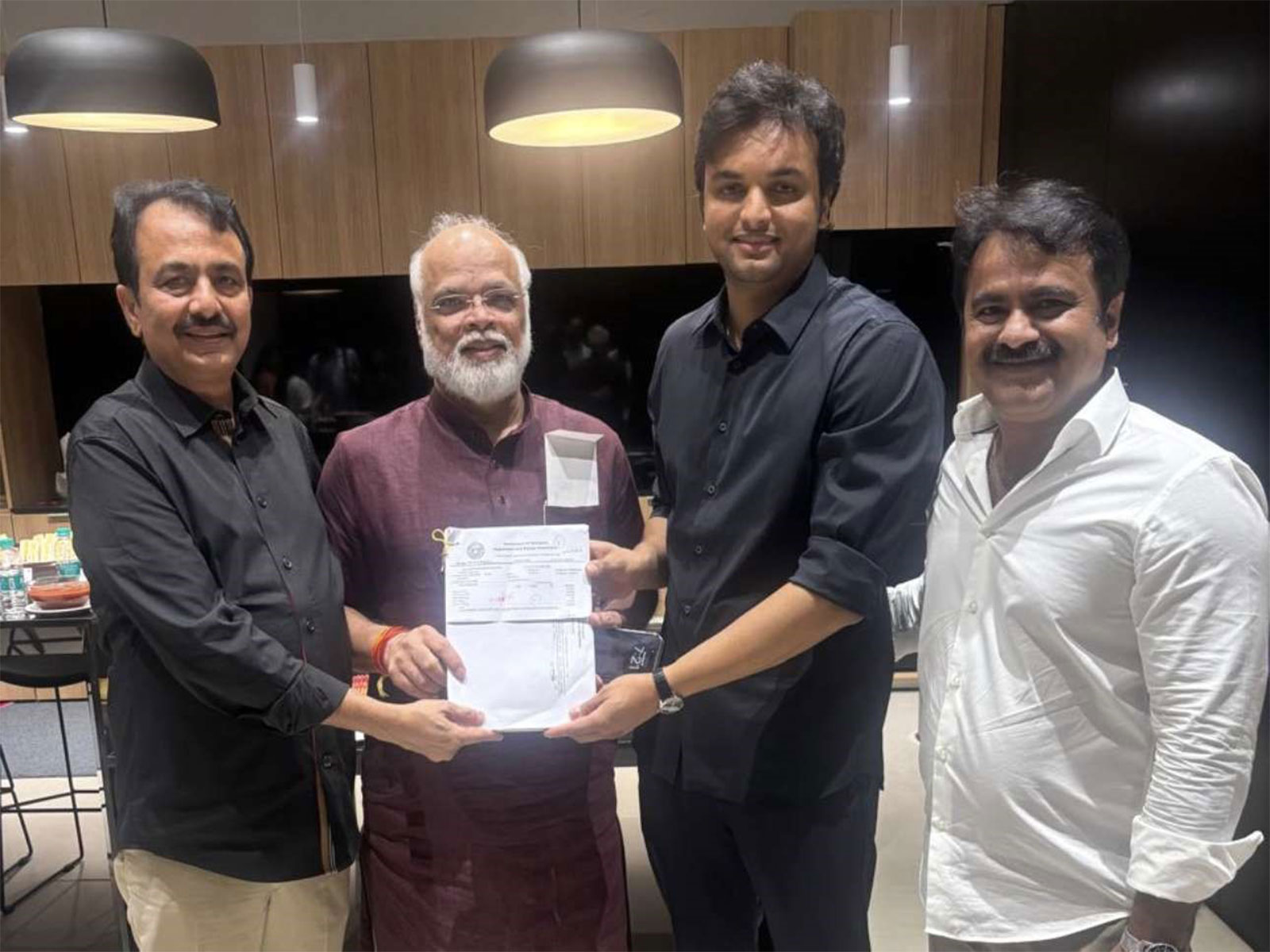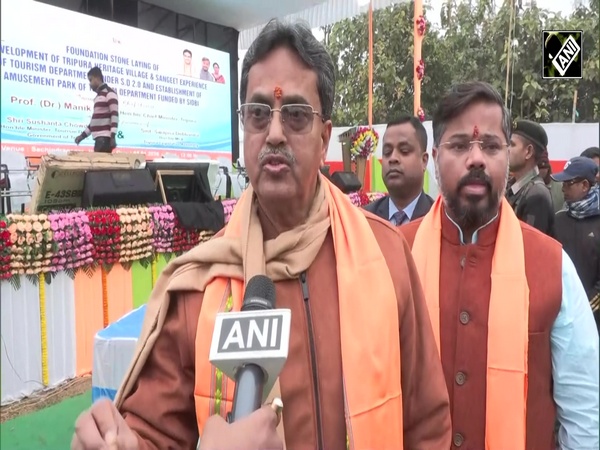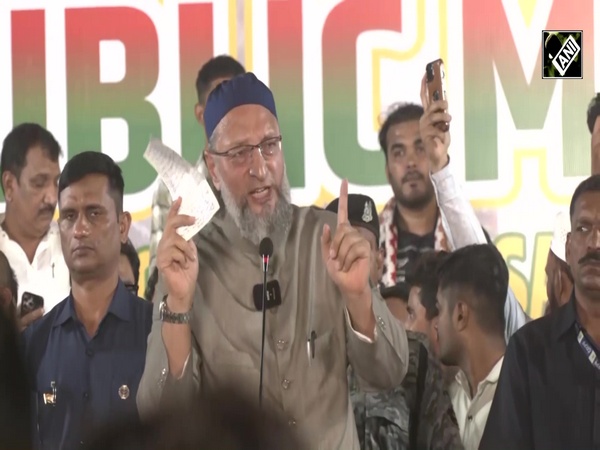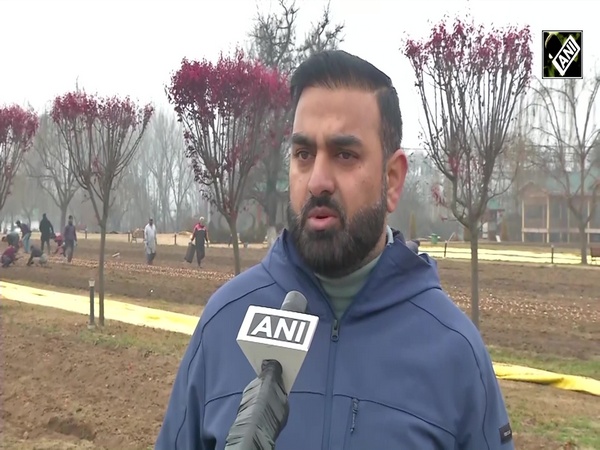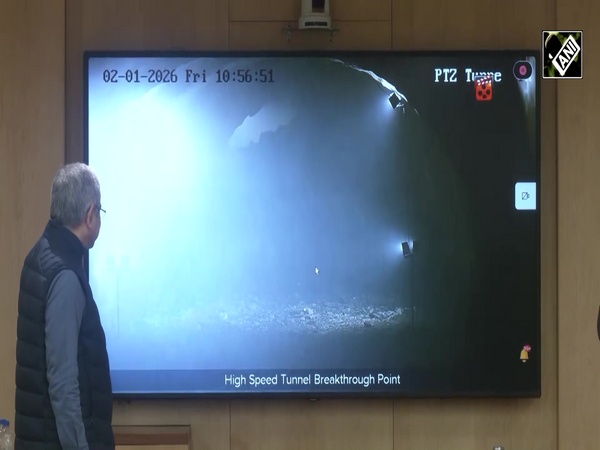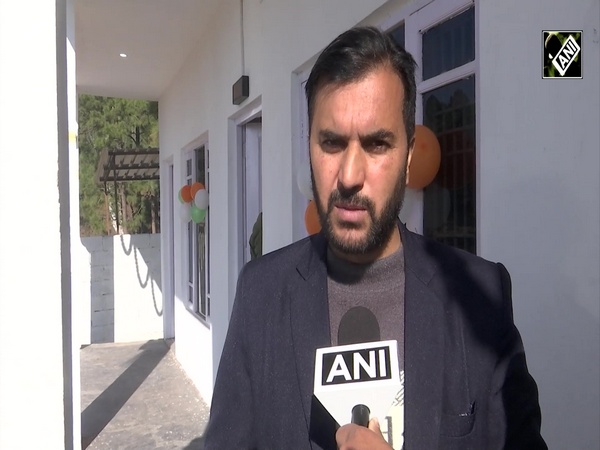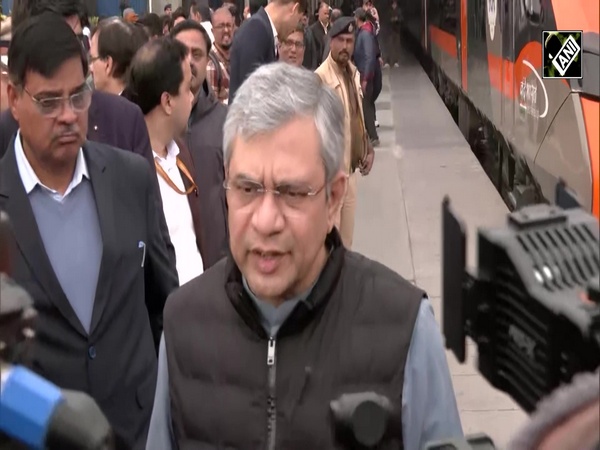Direct Centre to uniformly implement National Litigation Policy: PIL in Delhi HC
Dec 21, 2020

New Delhi [India], December 21 : A public suit has been moved in the Delhi High Court seeking directions to the Central government to uniformly implement National Litigation Policy amongst all ministries, departments, instruments, PSUs and apparatus.
The public interest litigation (PIL) claimed that the Union of India is not adhering to its own policy (NLP), and is neither implementing the policy uniformly nor in totality, thereby causing great injustice to the poor. The plea also sought similar directions to the Delhi government in respect of the State Litigation Policy, while determining a strict time schedule to be followed.
The matter was adjourned for January 13, 2021, as the division bench of Chief Justice DN Patel and Justice Prateek Jalan, which was slated to hear the matter, did not assemble on Monday.
National Litigation Policy was launched on June 23, 2010, with a view to ensuring the conduct of responsible litigation by the Central government.
The plea, filed by Dr N Bhaskar Rao and Shanmuga Patro, sought the court's indulgence and intervention towards the alleged problem of judicial delay and huge arrears. Unless something is done about it, the whole system will get crushed under its weight, it said.
"Thirteenth Finance Commission (2010-2015) made it a condition for States to formulate and implement State Litigation Policy in order to receive Central Grants. Working Group for the Twelfth Five Year Plan (2012-2017) of Department of Justice Ministry of Law and Justice, Government of India emphasised on strict implementation of NLP," the plea said.
The plea said that the NLP was formulated with the purpose that the government should not get involve in frivolous litigation, especially where the stakes are not high.
"The judiciary has to spend its maximum time in tackling cases where the government is a party, and the burden on Judiciary can only be reduced if the cases are filed after taking a careful and considered view," the plea said.
"There is a crucial need to take transformative measures to reduce pendency of court cases. It is imperative to give top priority by all concerned Ministries/Departments to review all pending court cases and take up special arrears clearance drives," it added.
The plea said that the policy was aimed at transforming the government into an efficient and responsible litigant and added that the underlying purpose of the policy is to reduce government litigation in courts so that valuable court time is spent in resolving other pending issues to enable the average pendency of a case in a court reduced from 15 years to 3 years.
"The policy also formulated that all pending cases involving the government would be reviewed to filter frivolous and vexatious matters from the meritorious one. Cases so identified would be withdrawn, which would also include cases covered by previous decisions of courts. Such withdrawal of the cases would be done in a time-bound fashion," the plea said.


